Water Transmission and COVID-19
Drinking Water, Recreational Water and Wastewater:
What You Need to Know
Information from the Centers for Disease Control and Prevention (CDC). Please click on their link for the most current information regarding water transmission and coronavirus disease 2019 (COVID-19): https://www.cdc.gov/coronavirus/2019-ncov/php/water.html Updated April 3rd, 2020.
Can the COVID-19 virus spread through drinking water?
The virus that causes COVID-19 has not been detected in drinking water. Conventional water treatment methods that use filtration and disinfection, such as those in most municipal drinking water systems, should remove or inactivate the virus that causes COVID-19.
Is the COVID-19 virus found in feces?
The virus that causes COVID-19 has been detected in the feces of some patients diagnosed with COVID-19. The amount of virus released from the body (shed) in stool, how long the virus is shed, and whether the virus in stool is infectious are not known. The risk of transmission of the virus that causes COVID-19 from the feces of an infected person is also unknown. However, the risk is expected to be low based on data from previous outbreaks of related coronaviruses, such as severe acute respiratory syndrome (SARS) and Middle East respiratory syndrome (MERS). There has been no confirmed fecal-oral transmission of COVID-19 to date.
Can the COVID-19 virus spread through pools and hot tubs?
There is no evidence that COVID-19 can be spread to humans through the use of pools, hot tubs or spas, or water playgrounds. Proper operation, maintenance, and disinfection (e.g., with chlorine and bromine) of pools, hot tubs or spas, and water playgrounds should inactivate the virus that causes COVID-19. While there is ongoing community spread of COVID-19, there should be appropriate care taken both in and outside the pool, to protect yourself and others. Owners and operators of community pools, hot tubs, or spas should follow the interim guidance for businesses and employers to plan and respond to COVID-19.
Can the COVID-19 virus spread through sewerage systems?
CDC is reviewing all data on COVID-19 transmission as information becomes available. At this time, the risk of transmission of the virus that causes COVID-19 through sewerage systems is thought to be low. Although transmission of the virus that causes COVID-19 through sewage may be possible, there is no evidence to date that this has occurred. This guidance will be updated as necessary as new evidence is assessed. SARS, a similar coronavirus, has been detected in untreated sewage for up to 14 days. In the 2003 SARS outbreak, there was documented transmission associated with sewage aerosols. The available information suggests that standard municipal wastewater system chlorination practices may be sufficient to inactivate coronaviruses, as long as utilities monitor free available chlorine during treatment to ensure it has not been depleted. Wastewater and sewage workers should use standard practices, practice basic hygiene precautions, and wear personal protective equipment (PPE) as prescribed for current work tasks.
Should wastewater workers take extra precautions to protect themselves from the COVID-19 virus?
Wastewater treatment plant operations should ensure workers follow routine practices to prevent exposure to wastewater. These include using engineering and administrative controls, safe work practices, and PPE normally required for work tasks when handling untreated wastewater. No additional COVID-19–specific protections are recommended for employees involved in wastewater management operations, including those at wastewater treatment facilities.
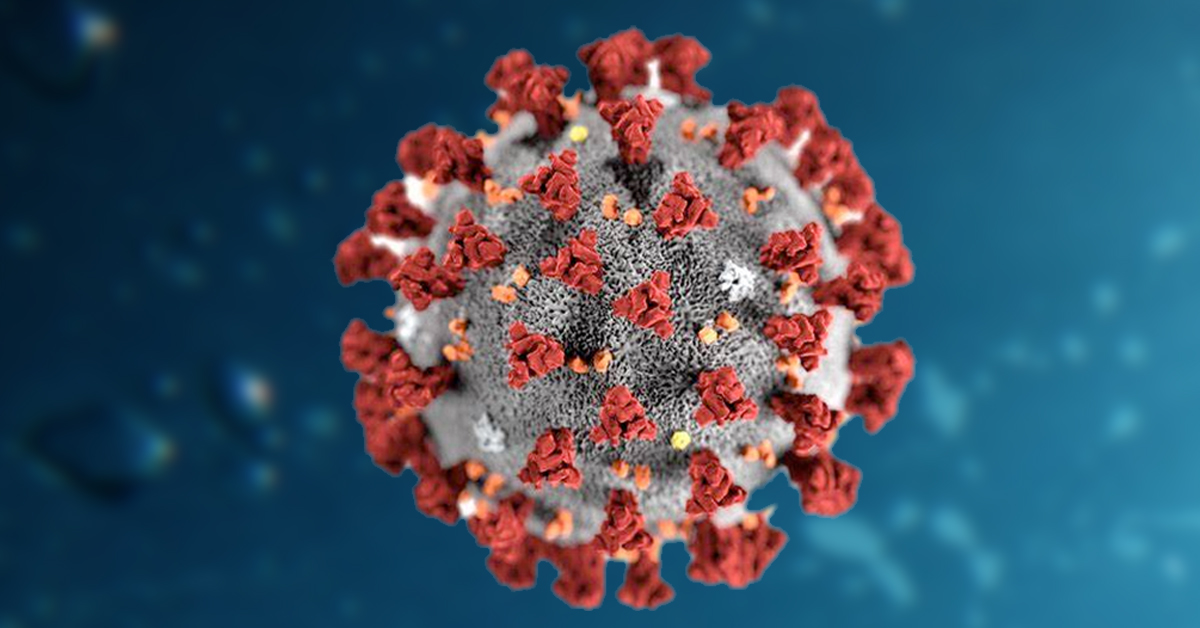


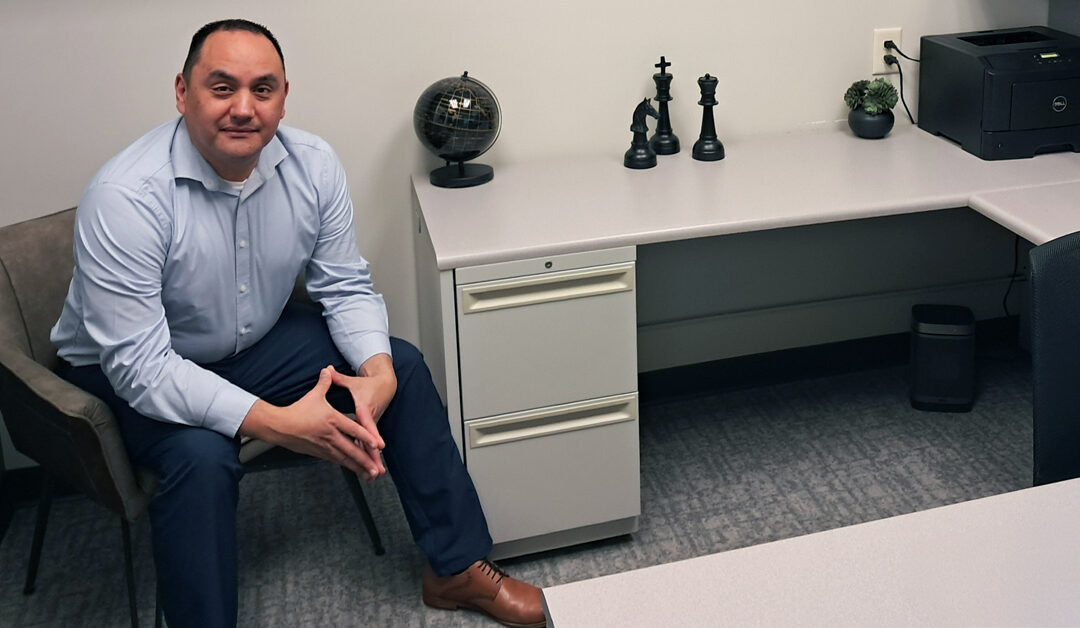

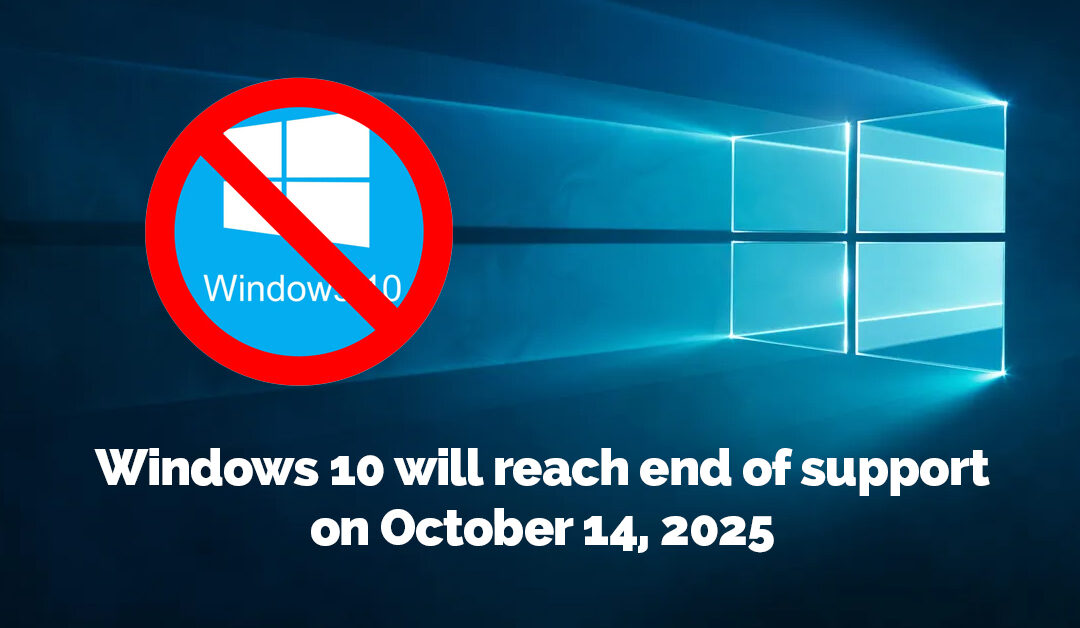

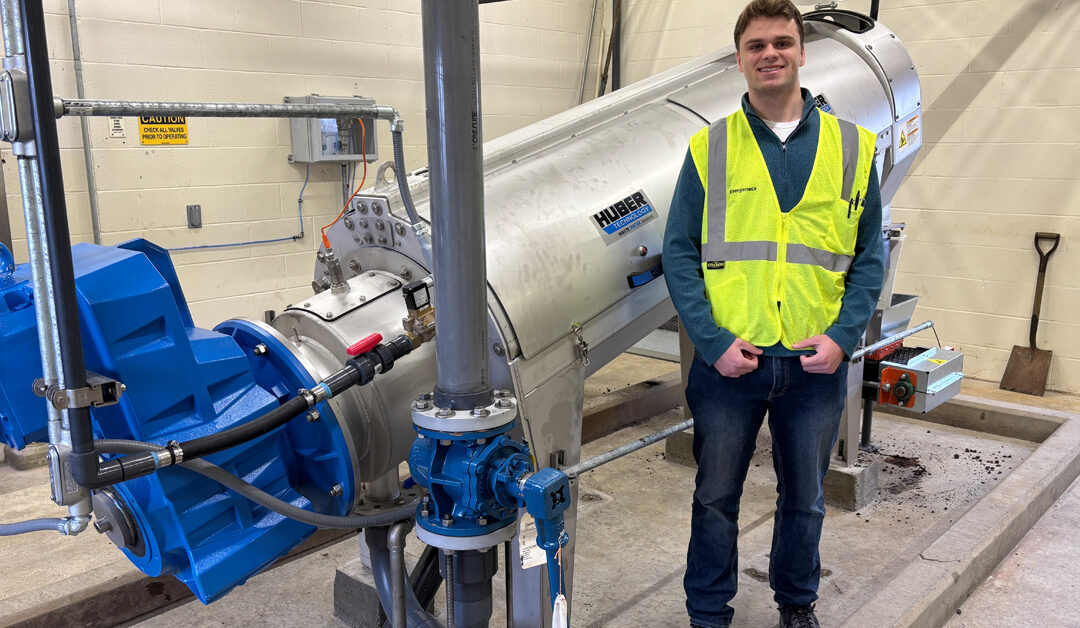

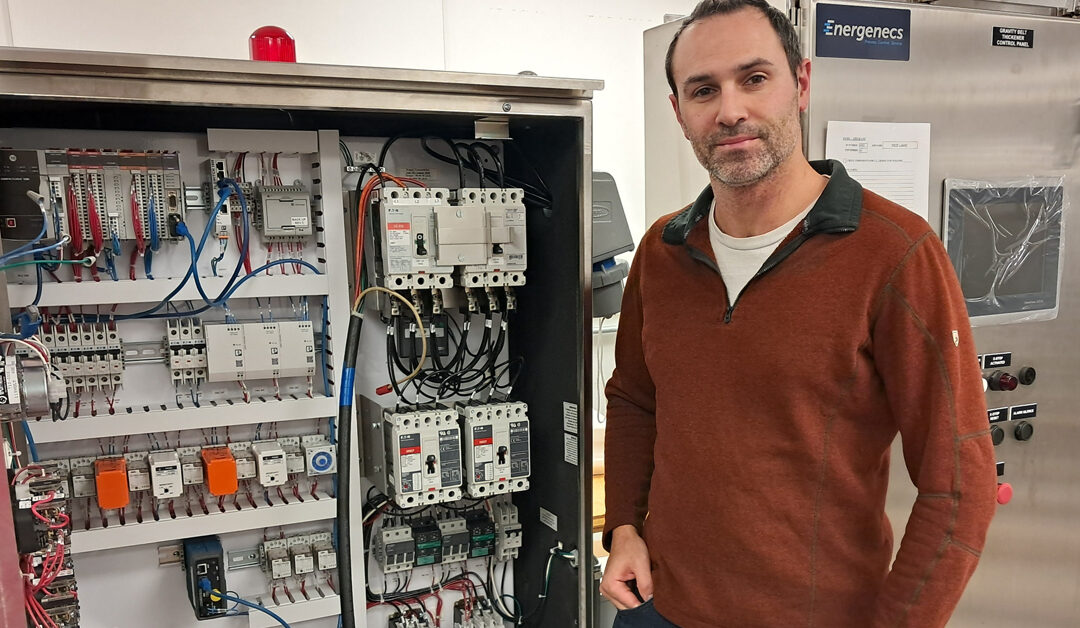

0 Comments